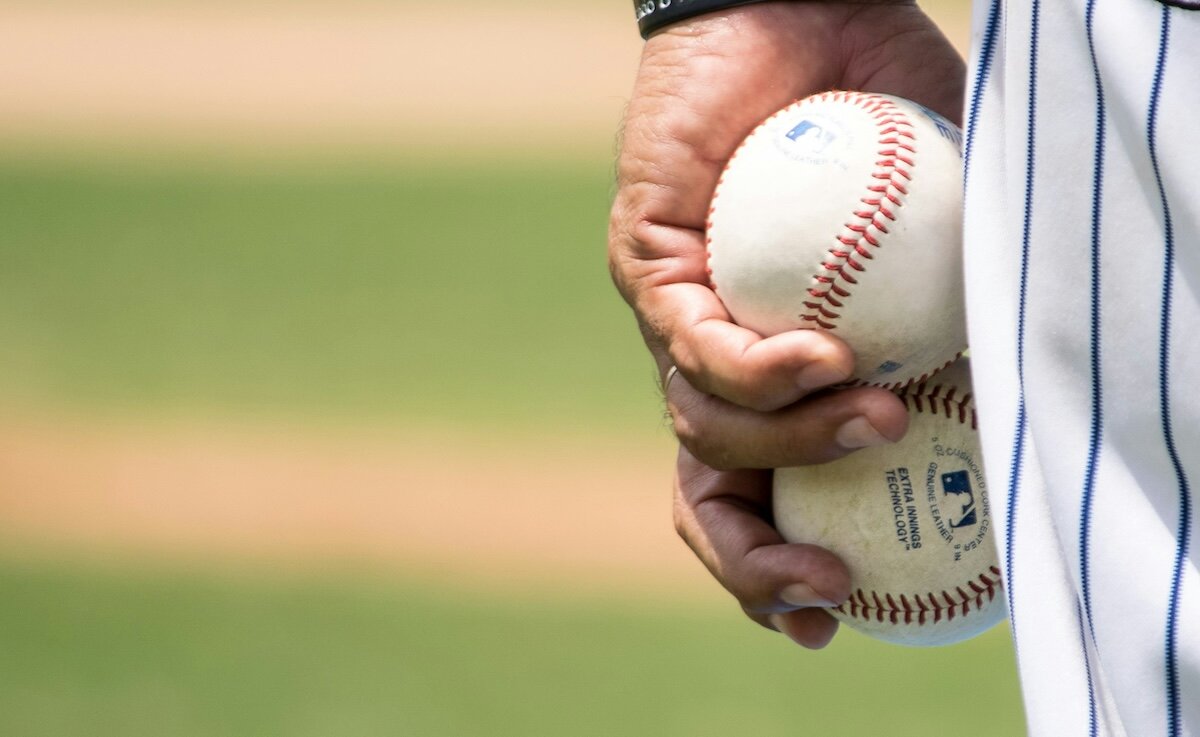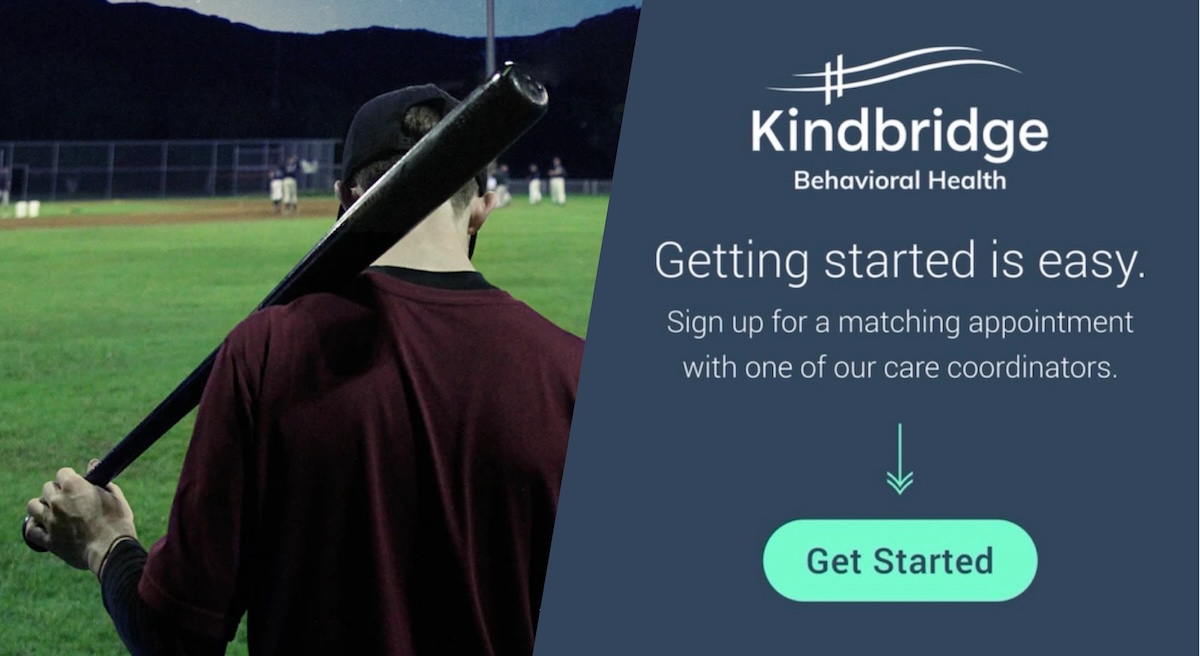Shohei Ohtani has a gambling problem, even if he doesn’t. In late March of 2024, Los Angeles Dodgers’ superstar pitcher, armed with the largest sports contract of all time ($700,000,000 USD) made the news for a gambling scandal.
As you know, Major League Baseball (MLB) is no stranger to stories of this nature. Look up sports gambling scandal in the dictionary and you’ll see Pete Rose’s mug somewhere at the top, although the Cincinnati Reds figurehead was shown happily back in the saddle after Ohio legalized sports betting. While coverage of the current Ohtani story itself is best left to sports media, Kindbridge Behavioral Health is beholden to weigh in, given that we’re America’s preeminent resource of athlete problem gambling support services. Below is a breakdown of the Ohtani news, along with insight into why the league’s (and others’) gambling problem won’t go away until interventions beyond punitive policies receive greater consideration and investment.
What the MLB’s Shohei Ohtani Scandal Reminds Athletic Leagues, Organizations, Players and Regulators About America’s Gambling Problem
No Player is Untouchable
Shohei Ohtani is a shining example of the American dream. Born in a small city in Japan, the budding baseball player made his way across massive expanse of the North Pacific to Los Angeles to become the biggest MLB star of all time. With a 10-year $700,000,000 contract (plus endorsements worth about $50 million per annum) he is also the highest paid athlete ever. Last year, Ohtani became the first 2-time unanimous MVP winner. The list of accolades goes on and on. Unfortunately, you can now add a gambling scandal to the catalog.
So what happened?
If you hadn’t heard already, it was reportedly not Ohtani who was directly involved in gambling. Instead, it was his interpreter and righthand (or should we say lefthand?) man Ippei Mizuhara who was, and consequently dipped the once untouchable Ohtani in controversy.
ESPN reported that the Los Angeles Dodgers fired Ippei Mizuhara on March 20, 2024, after questions surrounding at least $4.5 million in wire transfers sent from Ohtani’s bank account to a bookmaking operation set off a series of events. At first it was reported that Ohtani knew of this longtime friend’s problem and was helping him cover his gambling debt. ESPN had reviewed bank information showing Ohtani’s name on two half-a-million dollar payments sent in September and October of 2023. Speculation bounded around whether or not it was indeed Mizuhara or Ohtani who was placing wagers. That part of the speculation appears to be cleared up:
“Sources close to the gambling operation told ESPN that Bowyer dealt directly with Mizuhara, who placed bets on international soccer matches and other sports — but not baseball — starting in 2021. A source said Bowyer was aware of the name on the wire transfers but chose not to ask any questions as long as payments came in; however, the source said Bowyer allowed people to believe Ohtani was a client in order to boost business.”
ESPN
The news evolved to allege that Mizuhara admitted to embezzling the money from Ohtani to pay the bookmaker what he owed, even though he initially told reporters that Ohtani knew about the debt and was helping him out. This flip-flopping has people speculating about who knew (and was involved in) what. What is for certain, is that gambling has once again marred the reputation of America’s favorite pastime.
Unregulated Sports Betting Market Involved
Mizuhara indicated that he previously placed wagers with DraftKings (a regulated sportsbook) before transitioning over to an unregulated operation owned by Southern California bookmaker Mathew Bowyer, who (Bowyer) could now face felony charges. Bowyer’s involvement dives deeper into baseball’s gambling problem:
“Multiple sources told ESPN that Bowyer’s operation is being investigated by the same U.S. attorney’s office handling a sprawling federal money laundering and illegal gambling case in Las Vegas that drew in former minor league baseball player Wayne Nix. In March 2022, Nix — who had become a bookmaker in California — agreed to plead guilty to conspiring to operate an illegal sports gambling business and filing a false tax return. His sentencing is scheduled for September. Four other men connected to his bookmaking business also pleaded guilty.”
ESPN
The unregulated sports betting market has essentially been able to run rampant in America. How are the checks and balances to monitor and protect players – such as those provided by DraftKings (view here), BetMGM (view here) and FanDuel (view here) – supposed to make a difference when unregulated sportsbooks account for 89% of sports betting in the USA? It’s for this reason (among others) that league policies regarding gambling and regulated operator safeguards are simply not enough.
Takeaway for Leagues and Organizations
There’s no way to know that if there were better interventions in place for players and employees, if Mizuhara’s alleged gambling problem would have been allowed to escalate as it did. That being said, the event does shine a bright spotlight on the importance of greater organizational and league investment in problem gambling support. There’s generally a lot of talk about policy and punitive measures to deal with violations as a means of prevention. There is far less being communicated about platforms that allow for players and staff to initiate outreach (anonymously or otherwise) to get help when they identify that they or a close associate has a problematic relationship with gambling. Balance is required between the enforcement of disciplinary policy and behavioral health support for gambling disorder. Given that there are nearly three-quarter of a billion dollar contracts at stake, it seems to be a comparatively small investment for leagues and organizations to make.
More as the story develops.
Concerned Players, Leagues, and Organizations
CALL +1 (877) 426-4258
OR


